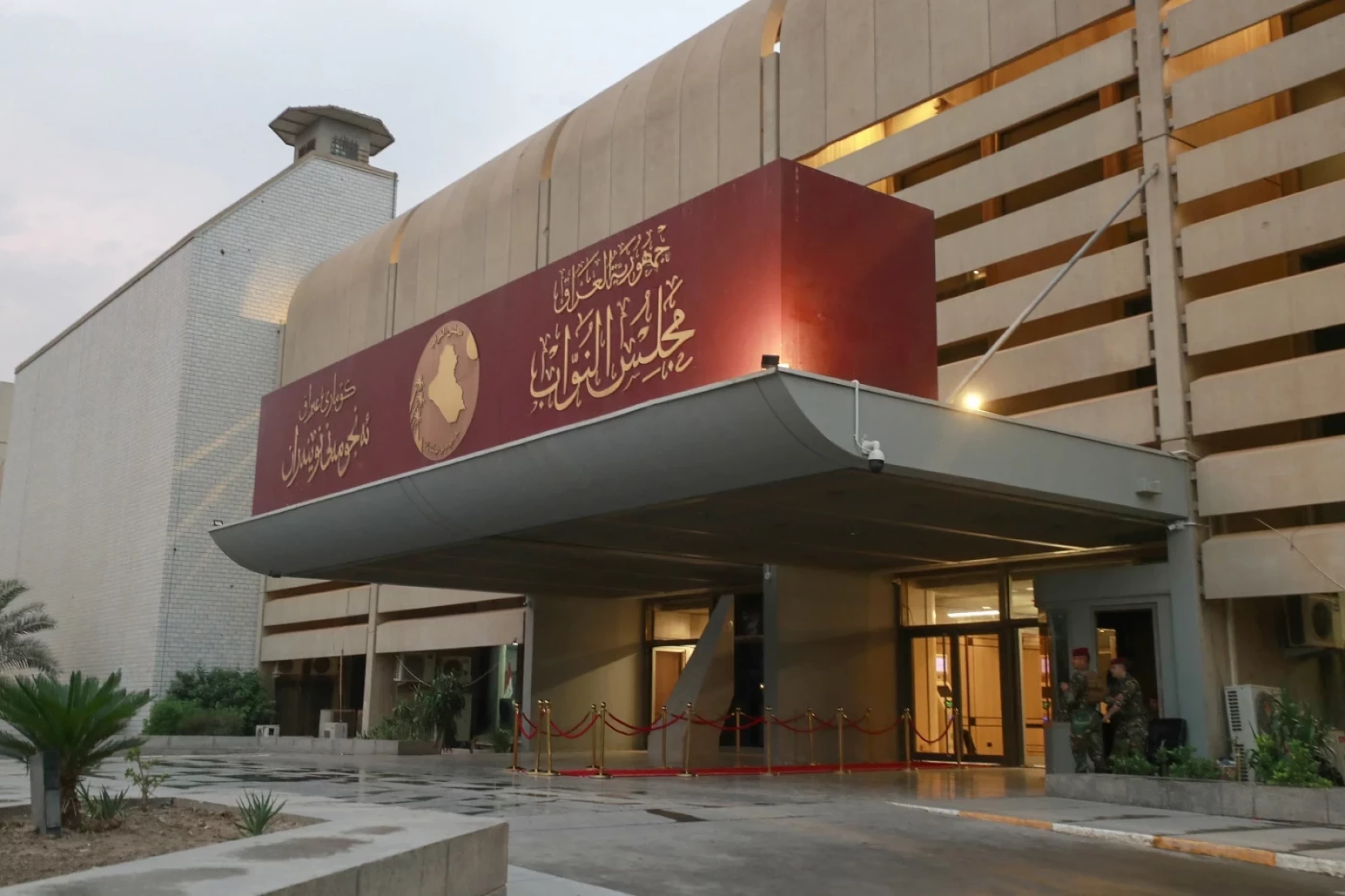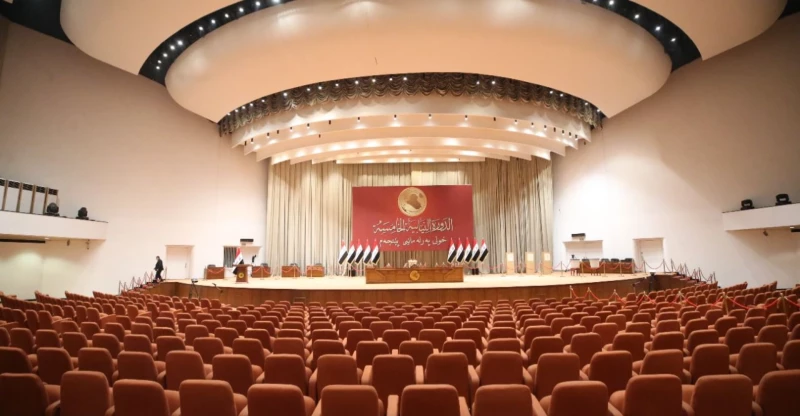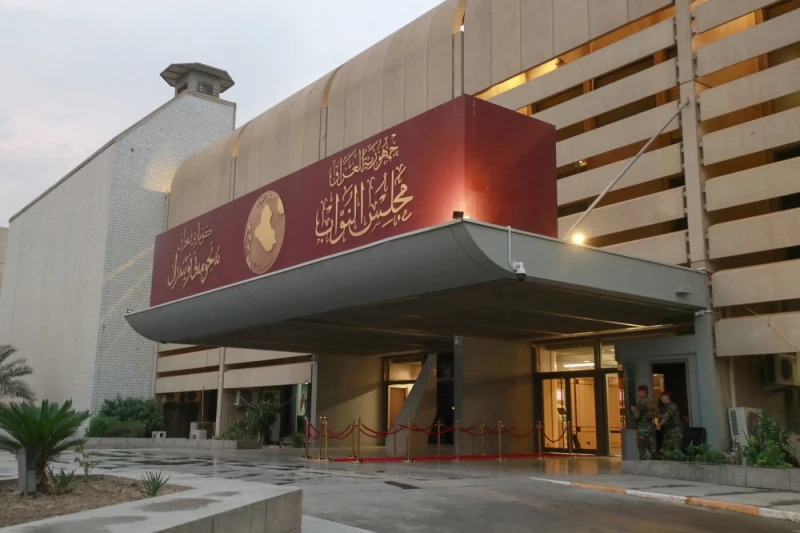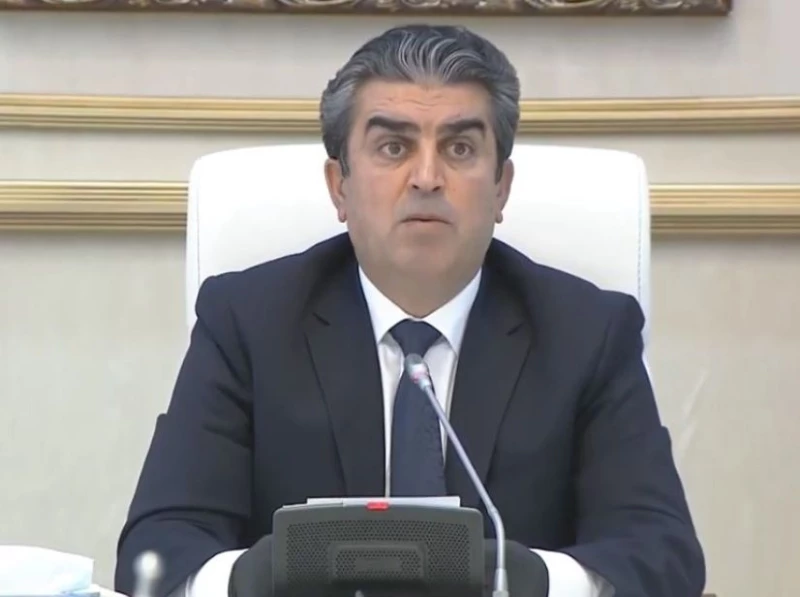ERBIL, Kurdistan Region of Iraq - Two hundred bills on the Iraqi parliament’s agenda will be transferred over to the legislature’s next term, including 40 that have been submitted for voting “for months” and 160 draft laws yet to be listed, a lawmaker said on Tuesday.
Iraq’s federal parliamentary elections are scheduled for November 11, with nearly 30 million Iraqis eligible to vote, including more than one million new voters who have reached the age criteria.
The winners of the upcoming elections will start their term busy, being left to deal with 200 draft bills given to them by their predecessors, Iraqi lawmaker Amir al-Mamouri told the state al-Sabah newspaper.
Mamouri explained that the parliament’s agenda “includes more than 40 bills that have been listed for a vote for months. Meanwhile, the council's presidency has about 160 draft laws that have been read for the first and second readings but have not yet been put to a vote.” He noted that “these draft laws will automatically be sent to the sixth parliamentary session.”
The fifth term of the Iraqi parliament was cast into instability at the very beginning, with the legislature failing to meet quorum several times to form a cabinet. The deadlock led to Muqtada al-Sadr’s bloc, the election victor, withdrawing from the term after he failed to form the government with the Kurdish and Sunni parties, amid a show of influence by rival Iran-backed Shiite blocs.
By mid-May, the legislature had only held 132 of 256 scheduled sessions, a mere 51 percent, leading to backlash from political analysts and activists, including Hussein al-Asaad, who told The New Region that it was “the worst term ever for Iraq’s parliament … I don’t think any future parliament will be worse.”
“There are laws that have been in effect since the era of the former [Saddam Hussein] regime, including decisions of the dissolved Revolutionary Command Council in Iraq, which include technical, administrative, and service aspects,” Murtadha al-Saadi, head of the parliament’s legal committee, was cited by al-Sabah as saying.
Mohammed Anouz, another lawmaker, said that some of the bills "directly affect the lives of citizens, such as the Freedom of Expression Law, the Right to Access Information, Combating Drugs, Foreigners' Residency, Civil Defense, and Mental Health."
Campaigning for the next parliamentary elections began on October 10, with over 7,750 candidates competing for the 329 seats allocated across the provinces under a proportional representation system. Iraq’s last parliamentary elections in October 2021 saw a record low turnout amid widespread public frustration.



 Facebook
Facebook
 LinkedIn
LinkedIn
 Telegram
Telegram
 X
X


